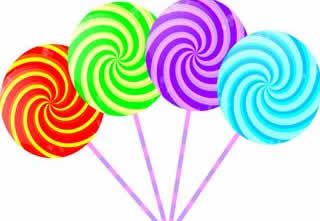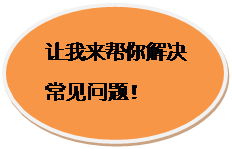![]() 同学们,本栏目是对你们学过的知识和生活中常见问题的归纳。其中,有一些共性问题,也许你会需要哦!
同学们,本栏目是对你们学过的知识和生活中常见问题的归纳。其中,有一些共性问题,也许你会需要哦!


1.What do you know about the historical background of the speech?
In March 1939, Britain and France started talks with the Soviet Union on possible cooperation against Fascist Germany. At that time Britain under Chamberlain and France under Daladier were pursuing a policy of appeasement. After three months' fruitless negotiation, the talks were broken off. Then in order to protect itself, the Soviet Union signed the Non-Aggression Pact with Hitler's Germany on August 23.
On September 1, 1939, Hitler invaded Poland. On September 17, Soviet troops also crossed the border and moved into Poland, taking 77,000 square miles of territory.
The Russo-Finnish war began on November 1,1939, and ended in March 1940. The Finns sued for peace and ceded an area of over 16,000 square miles to the Soviet Union. In June 1940 Soviet troops occupied the three Baltic States and part of Rumania.
Before the fall of Poland, British intelligence officers managed to get hold of a German coding machine and a group of code-breaking experts, called the Bletchly Park Group, soon discovered how the machine worked. With the help of this machine, the British were able to decipher all German coded messages.
So on June 6, the British had already learnt that Hitler was to attack Russia and passed on a warning to the Soviet Union, which was unheeded. On June 20, two days before the invasion, Churchill worked on a speech to be broadcast to the world when the invading forces rolled into Russia. The speech was carefully composed, full of grave themes and weighty arguments. Churchill polished the text on June 22 in his Elizabethan Manor at Chequers.
2.What do you know about Winston Churchill?
Sir Winston Spencer Churchill (1874-1965) was a British statesman, writer and orator. A political conservative, Churchill was a Member of Parliament for 63 years and held many important government posts between 1919 and 1955. He is regarded as one of the greatest statesmen of the 20th century. He was Prime Minister, First Lord of the Treasury, and Minister of Defense (1940-1945). As the British leader during World War II, Churchill braced his allies all over the world with vitality, boldness and confidence in defeating Nazi Germany. He led Britain from near defeat to victory. During the war Churchill made many inspiring speeches that aroused the courage and hope of the British people as well as peoples in European countries occupied by the Nazi troops.
About these speeches, Churchill said in 1954, "I have never accepted what many people have kindly said, namely that I inspired the nation. It was the nation and the race dwelling around the globe that had the lion heart. I had the luck to be called upon to give the roar.” After the war he served as Leader of the opposition (1945-1951), and became Prime Minister and First Lord of the Treasury again (1951-1955). He retired in 1955 from his long political career. In a speech given in Fulton, Missouri in 1946, Churchill coined the term "Iron Curtain," warning Western countries of the Soviet Union's expansionist tendencies. From his early days, Churchill was a prolific writer of history, politics and biography. Among these works are The Second World War (in six volumes) (1948-1954) and A History of the English-Speaking Peoples (in four volumes) (1956-1958). In 1953 Churchill was awarded the Nobel Prize in Literature.

